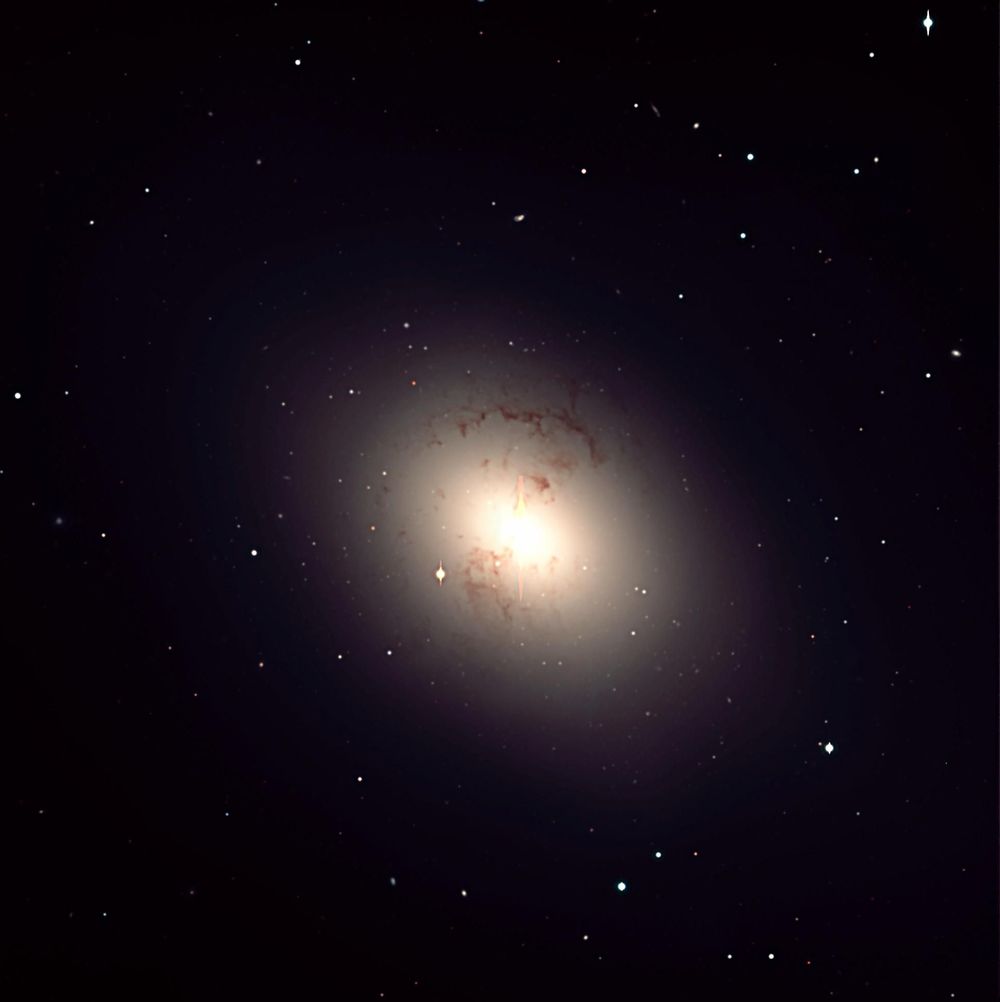Giant elliptical galaxies are not likely to be havens for technological life, argues new paper.
I recognized that the model used in the 2015 paper —- along with the known distributions and numbers of spiral and elliptical galaxies —- violated the Principle of Mediocrity, says Whitmire. That means if a technological species was selected at random anywhere in the local universe, the probability that it would reside in an elliptical galaxy would be 99 percent. Since we earthlings don’t find ourselves in an elliptical galaxy, Whitmire says this creates what he calls a statistical paradox.
My solution was to look for physical processes that would mitigate this inconsistency, says Whitmire. Current observations show that the ancestors of today’s large elliptical galaxies were once more compact, he says. This was the key, says Whitmire. This means that when these galaxies went through their early high-energy quasar and starburst phases, the radiation doses to young planets within these galaxies would have been lethal and permanent, he says.
But giant elliptical galaxies are prone to higher metallicities which means that they are also likely to form more gaseous planets, says Whitmire. Gaseous planets are not conducive to forming habitable planets around solar type stars, he says. That’s because they tend to migrate inward and gravitationally destabilize terrestrial type planets orbiting closer to their parent stars.
